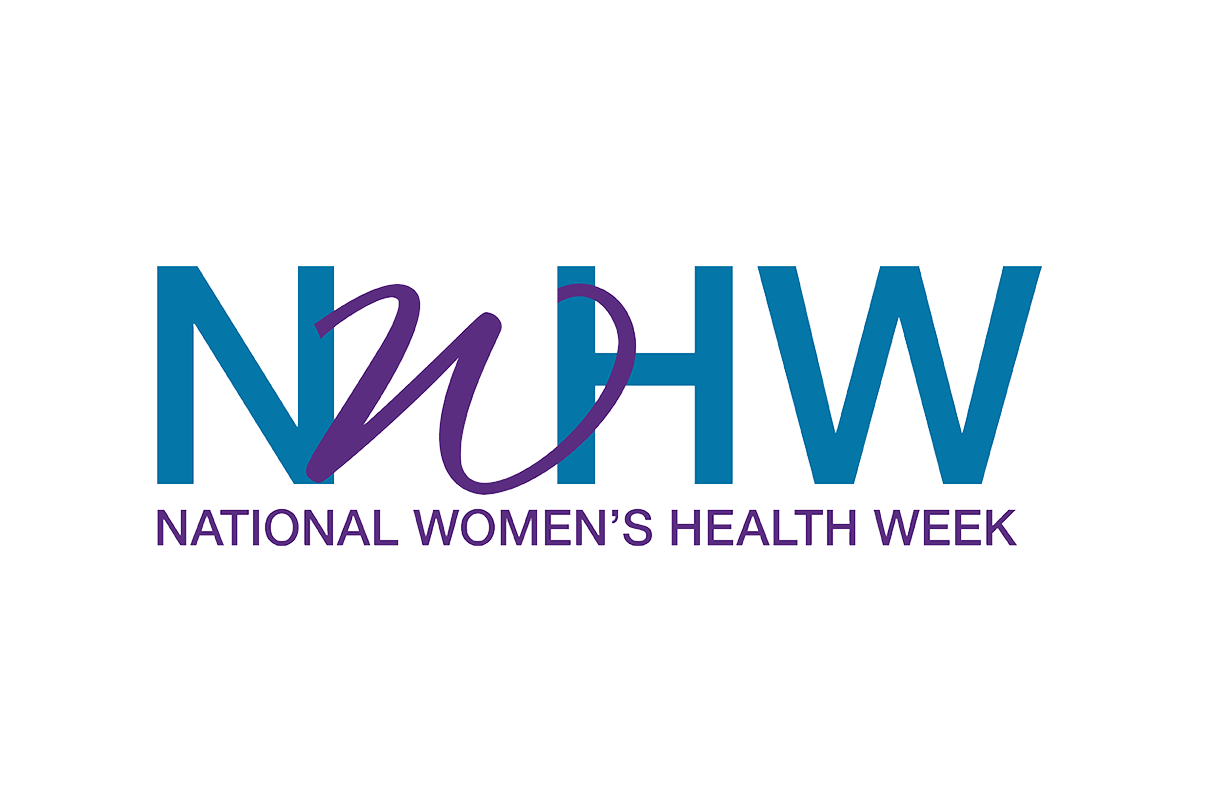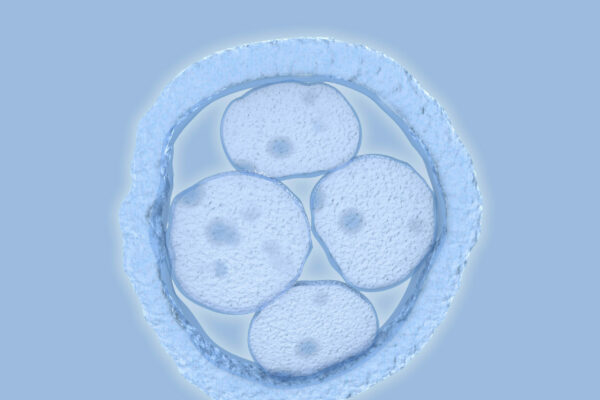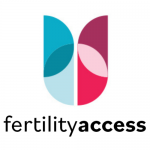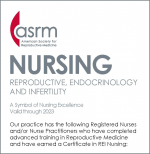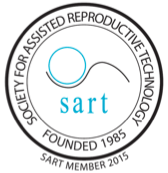When most women learn they are having a baby, they shift their diet toward healthier foods and whole grains. They also reduce (or eliminate) their exposure to toxins and chemicals. But did you know it is equally important to practice healthy eating, remain physically active and steer clear of substances that could affect your fertility before conception?
Preparing your body before you become pregnant will give your baby the best start to life by providing an environment filled with the nutrients and vitamins they need to be healthy. Some of the most important growing happens in the first three months — before many women realize they are pregnant.
What steps can you take to help you conceive?
If you’re trying to conceive, these simple steps can help boost your fertility.
Eat well
Nourishing your body with foods rich protein, omega-3 fatty acids, zinc, iron, vitamin C and vitamin D will help regulate your cycle, encourage regular ovulation and reduce your risk of miscarriage. So fill up on beans, dairy, leafy greens, whole grains and fish like salmon, albacore tuna or lake trout. Once you become pregnant, choose from a variety of fish that are lower in mercury like salmon, tilapia, shrimp, cod or catfish to protect your baby’s brain and nervous system.
Steer clear of toxins
Substances like tobacco, pesticides, herbicides and petroleum-based detergents may decrease male fertility, as well as inhibit ovarian function and disrupt the menstrual cycle in females. Eliminate your exposure to these elements as much as possible. If it’s in your budget, select organic produce instead, as this will significantly reduce your toxin exposure. The fertility specialists at the Center for Reproductive Medicine also recommend switching to a vegetable-based, fragrance-free detergent (which contains less chemicals) and swapping products that contain parabens, phthalates or formaldehyde for more natural, preservative-free options.
Prioritize rest
Make sure you are getting enough rest at night and taking time during the day to relax. Learning to manage your stress through relaxation techniques, like yoga or meditation, can help reset your hormone levels. Women with higher levels of stress are more likely to have inconsistent menstrual cycles, making it more difficult to conceive.
Take a multivitamin
Multivitamins that contain at least 800 milligrams of folic acid is a great way to guard against neural tube defects like spina bifida or an underdeveloped brain. You can also fortify your diet with foods high in folic acid like spinach, orange juice, beans and rice to make sure your body is ready to help your baby’s development.
Taking a few healthy steps now may help improve your fertility and chances of conception. If you have been trying to conceive for 12 consecutive months* and are having difficulty becoming pregnant, the experienced fertility specialists at the Center for Reproductive Medicine are ready to help you conceive. Visit our offices for an initial infertility evaluation and take the first step toward building the family you’ve always wanted. Call 612-863-5390 to schedule your first appointment.
*Women over the age of 35 should contact a fertility specialist after 6 consecutive months of trying to conceive. If you have a known fertility diagnosis, please contact us sooner.
